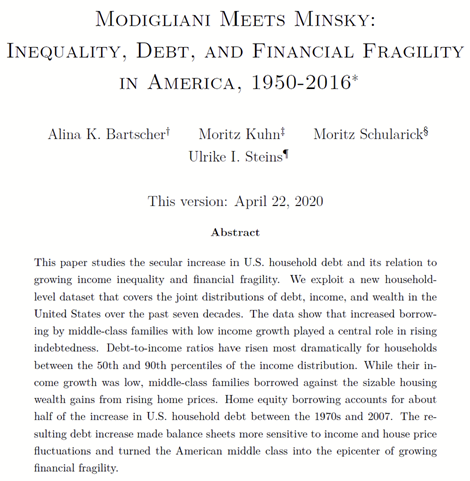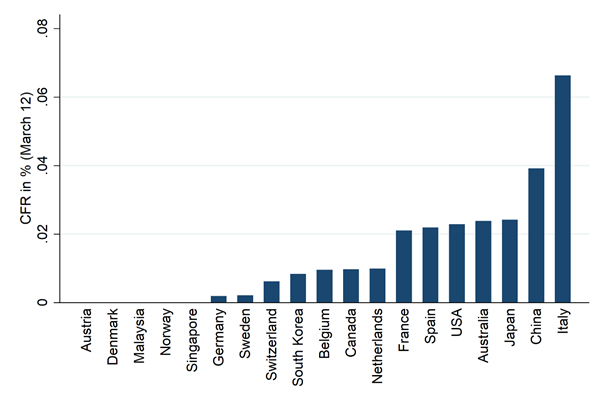
Professor of Economics @EconUniMannheim. Director Macro Inequality Lab. Research Fellow @cepr_org , @iza_bonn & @CESifoGroup. Private account=private opinions
How to get URL link on X (Twitter) App


 We study this question based on the German Hartz reforms, one of the largest UI reforms in recent decades. After the reform unemployment has been in half. How? The key was not more jobs found (higher job-finding rates) but fewer jobs lost (lower separation rates). 2/10
We study this question based on the German Hartz reforms, one of the largest UI reforms in recent decades. After the reform unemployment has been in half. How? The key was not more jobs found (higher job-finding rates) but fewer jobs lost (lower separation rates). 2/10 

 Wir brauchen eine Neuaustarierung des Sozialstaats. @sigmargabriel hat es so zusammengefasst: "Wir haben eine falsche Vorstellung von Arbeit." Es muss um die gehen, die arbeiten. Es geht nicht darum, Versicherung abzuschaffen, sondern Anreize und Versicherung neu abzustimmen. 2/N
Wir brauchen eine Neuaustarierung des Sozialstaats. @sigmargabriel hat es so zusammengefasst: "Wir haben eine falsche Vorstellung von Arbeit." Es muss um die gehen, die arbeiten. Es geht nicht darum, Versicherung abzuschaffen, sondern Anreize und Versicherung neu abzustimmen. 2/N

 The first question is what are job levels? Job levels summarize the Complexity, Autonomy, and Responsibility (CAR intensity) of task execution. Job levels have a long tradition in labor market reporting of statistical agencies going back to the 1950s. 2/8
The first question is what are job levels? Job levels summarize the Complexity, Autonomy, and Responsibility (CAR intensity) of task execution. Job levels have a long tradition in labor market reporting of statistical agencies going back to the 1950s. 2/8

 We started with the idea that there is a lot of interdependence & coordination in the production process of firms: Workers often execute specialized tasks and depend on other workers and such dependency makes the production process susceptible to labor supply shocks. 2/n
We started with the idea that there is a lot of interdependence & coordination in the production process of firms: Workers often execute specialized tasks and depend on other workers and such dependency makes the production process susceptible to labor supply shocks. 2/n


 Our answer: Consequences are severe but seem manageable. How severe? That depends on how fast and determined policy reacts to reduce and substitute energy. How do we arrive at this conclusion? A short thread 2/n
Our answer: Consequences are severe but seem manageable. How severe? That depends on how fast and determined policy reacts to reduce and substitute energy. How do we arrive at this conclusion? A short thread 2/n


 Of course the rates will likely converge somewhat over time as the virus spreads and there are many effects in this. Division bias may play a role, as does the time since the outbreak.
Of course the rates will likely converge somewhat over time as the virus spreads and there are many effects in this. Division bias may play a role, as does the time since the outbreak.